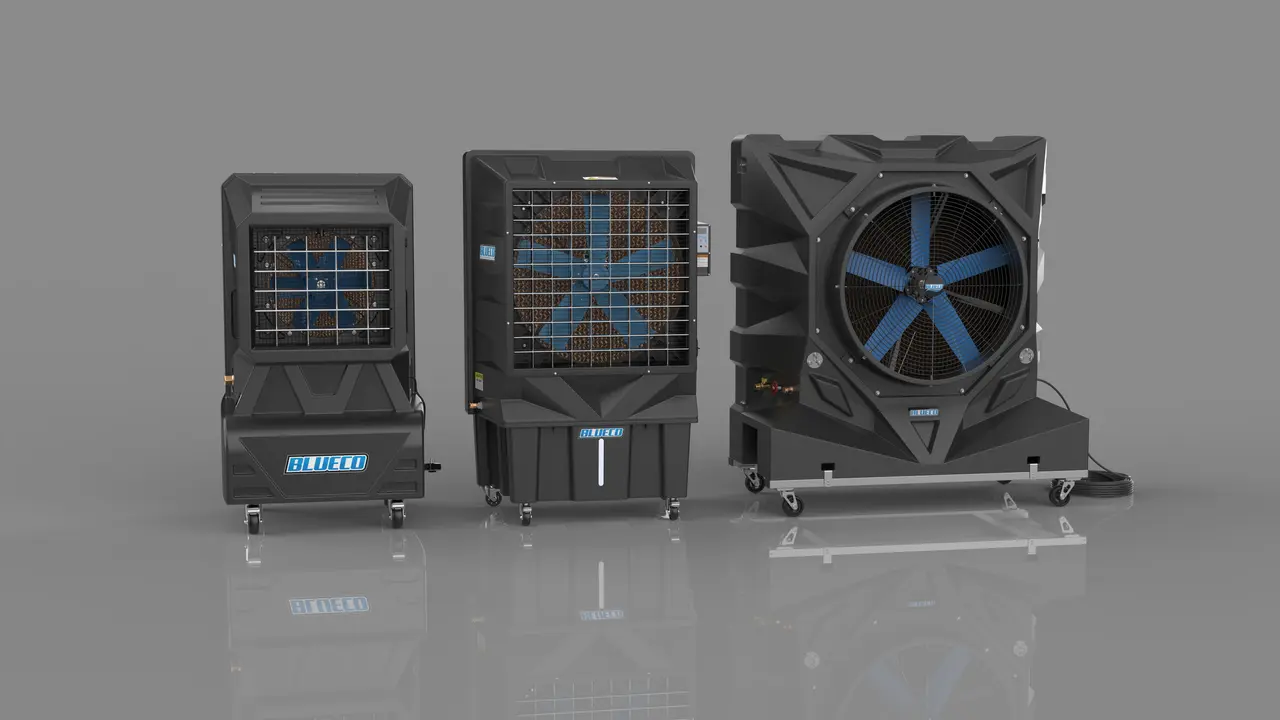In today’s fast-paced industrial world, maintaining optimal temperatures is more crucial than ever. Whether you’re running a manufacturing plant, a warehouse, or any facility that relies on machinery, understanding the importance of industrial cooling can make a significant difference in operations. Let’s dive into the reasons why investing in effective cooling solutions is a game-changer for your facility.
1. Enhancing Equipment Longevity
Keeping machinery at optimal temperatures reduces wear and tear, leading to a longer lifespan and fewer costly repairs. When machines operate under stress due to excessive heat, their components can break down much faster than anticipated. This not only disrupts production but can also lead to expensive emergency repairs. Moreover, preventative maintenance becomes more of a challenge when equipment is continually operating at suboptimal temperatures.
By investing in proper industrial cooling solutions, businesses can drastically enhance the longevity of their equipment. Think of cooling systems as a safeguard against the unpredictable nature of heat-related failures. Not only does this mean lower maintenance costs, but it also contributes to a smoother production process. Ultimately, this can translate into a significant return on investment.
2. Boosting Operational Efficiency
An effective cooling system ensures that equipment operates within the ideal temperature range, which enhances overall efficiency. When machines run too hot, they tend to falter, causing delays and lowering throughput. Furthermore, productivity suffers when workers need to address mechanical issues caused by their surroundings.
Incorporating high-performance cooling technology allows your facility to not only maintain consistent operations but also adapt more swiftly to changing demands. This adaptability can provide a competitive edge, as businesses are better equipped to manage peaks in production without compromising quality or safety.
3. Ensuring Employee Comfort
A comfortable working environment is essential for employee productivity and morale, making cooling systems vital for human-centered workplaces. High temperatures can lead to fatigue, decreased motivation, and even potential health risks. Employees are more likely to perform at their best when they feel comfortable and safe.
By providing adequate cooling, facilities also demonstrate that they value their employees’ well-being. This commitment contributes to a positive workplace culture, fostering loyalty and reducing turnover. After all, a content team is a productive team.
4. Preventing Equipment Overheating
Overheating can lead to critical failures; industrial cooling helps avoid these issues by regulating temperatures effectively. In various sectors, overheating isn’t just an inconvenience—it’s a risk that can halt production or, worse, cause catastrophic equipment failures that endanger staff.
Industrial cooling systems act as a first line of defense against these risks, ensuring that temperature fluctuations are managed smoothly. Regular monitoring and advanced cooling technologies not only protect machinery but also ensure that safety protocols are met without compromise.
5. Maintaining Product Quality
In many industries, temperature control is essential to maintain product integrity, ensuring quality standards are met. For example, in the food and pharmaceutical sectors, even slight temperature variations can compromise safety and compliance with regulations.
By investing in reliable industrial cooling solutions, you secure your product’s quality from the start to the finish of the manufacturing process. This attention to detail not only helps in meeting compliance standards but also builds customer trust, which is invaluable in today’s market.
6. Compliance with Safety Regulations
Meeting safety and environmental regulations often requires effective cooling systems, protecting both workers and the company’s reputation. In many jurisdictions, failure to comply with cooling-related safety standards can lead to serious legal and financial repercussions.
This makes industrial cooling not just a matter of comfort and efficiency but a legal necessity. Facilities can avoid liability and workplace accidents by prioritizing effective cooling, demonstrating commitment to both safety and compliance.
7. Supporting Energy Efficiency
Modern cooling systems are designed to be energy-efficient, helping to reduce utility costs while promoting sustainability. With rising energy prices and increasing environmental concerns, this aspect of industrial cooling is more important than ever.
Investing in energy-efficient systems not only fulfills corporate responsibility goals but also translates into savings that can be reinvested into the business. Facilities that optimize their cooling processes contribute positively to the environment and their bottom line.


